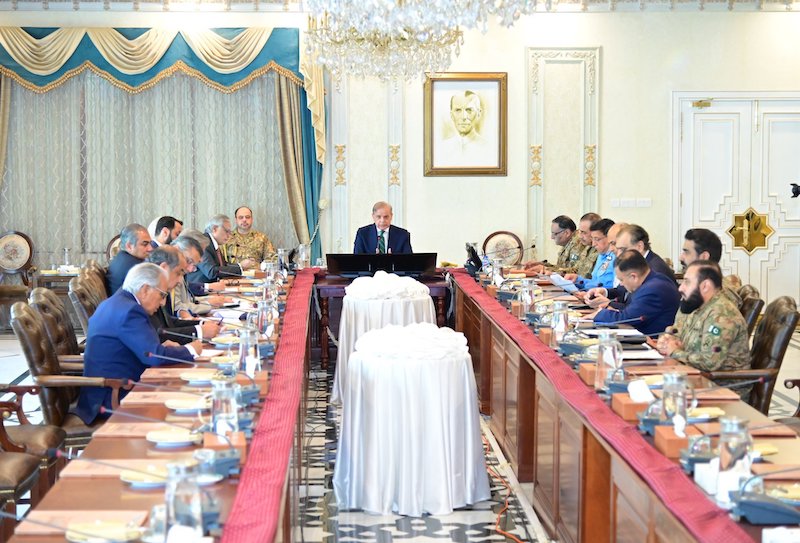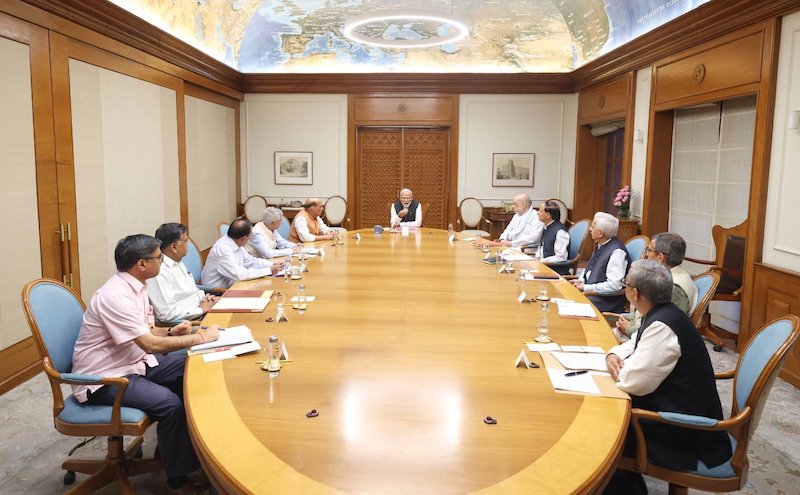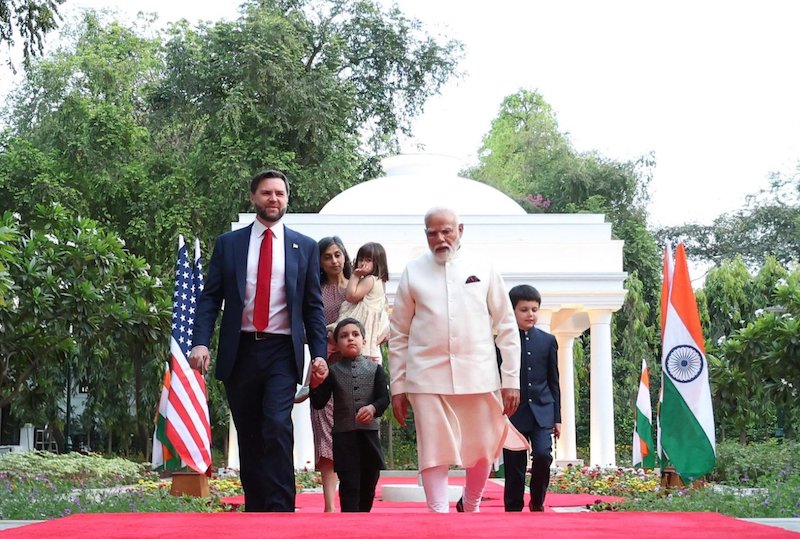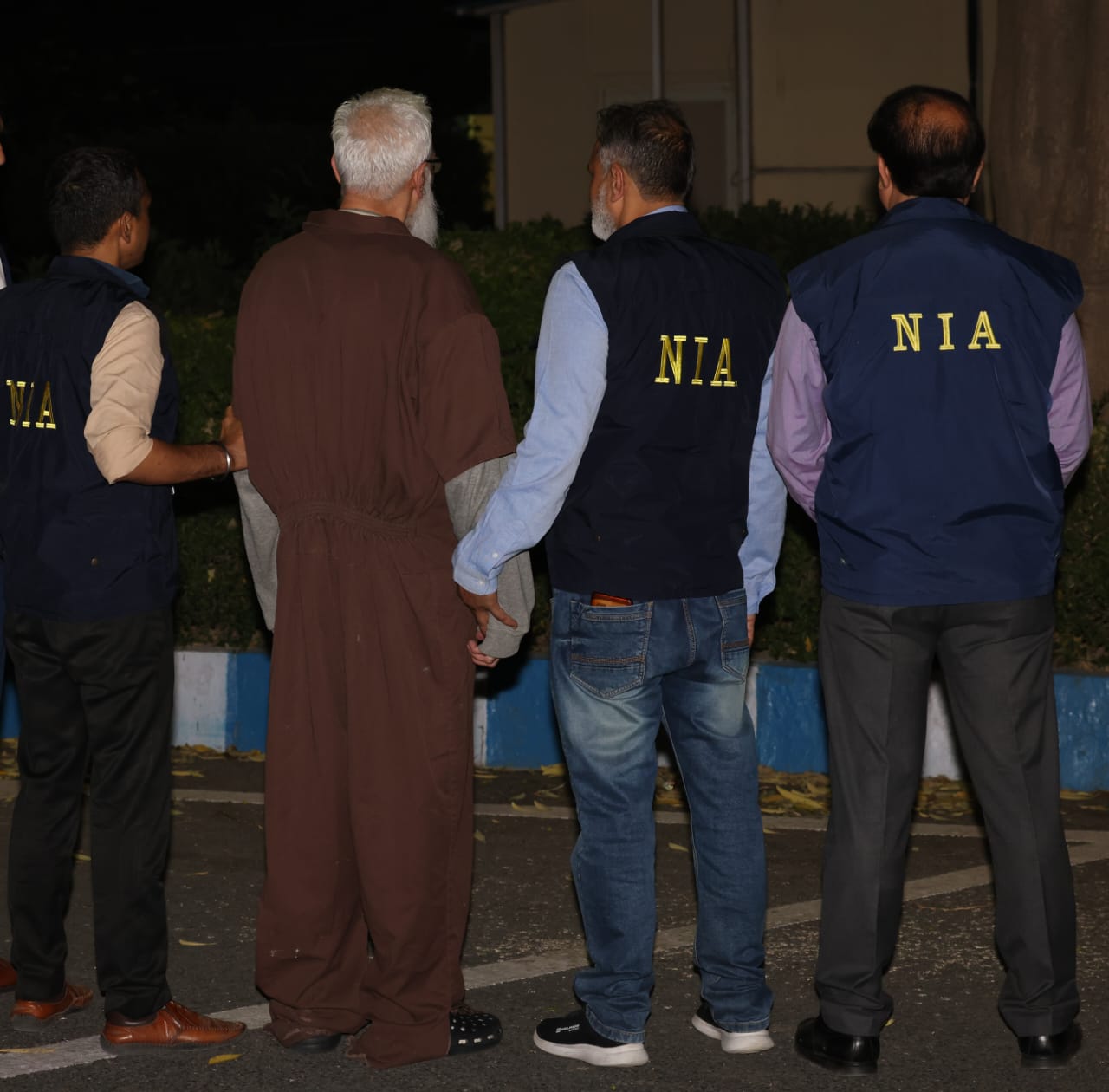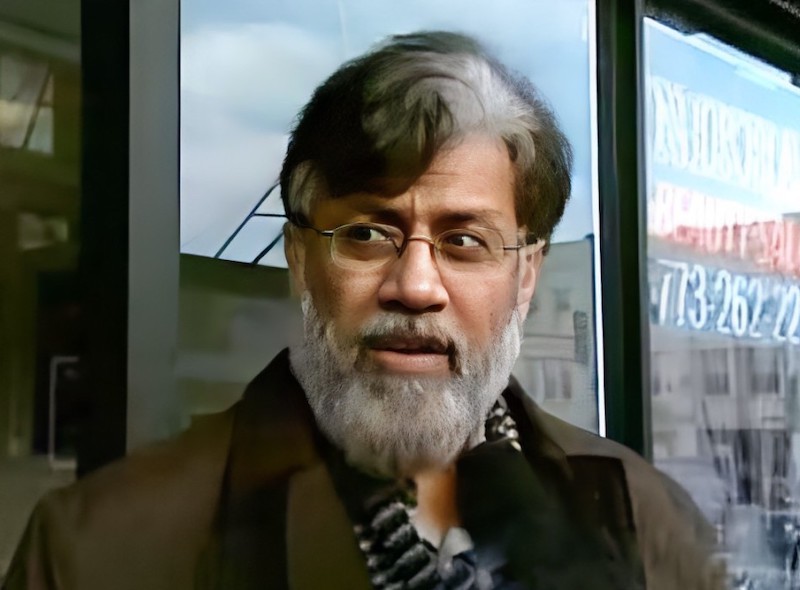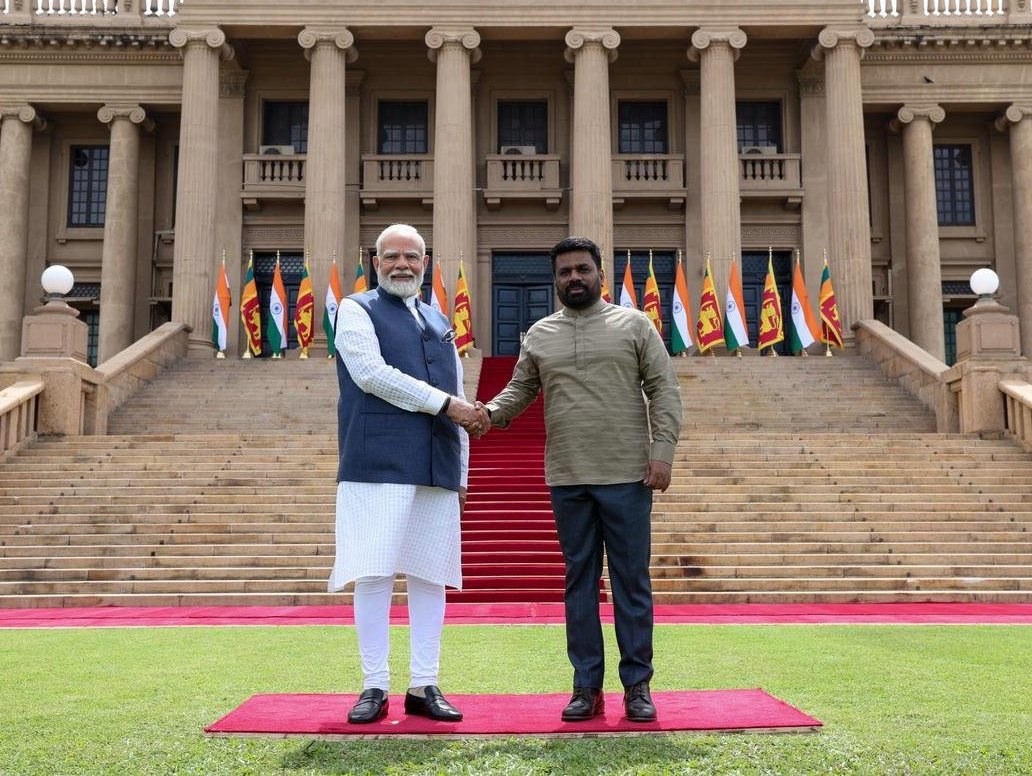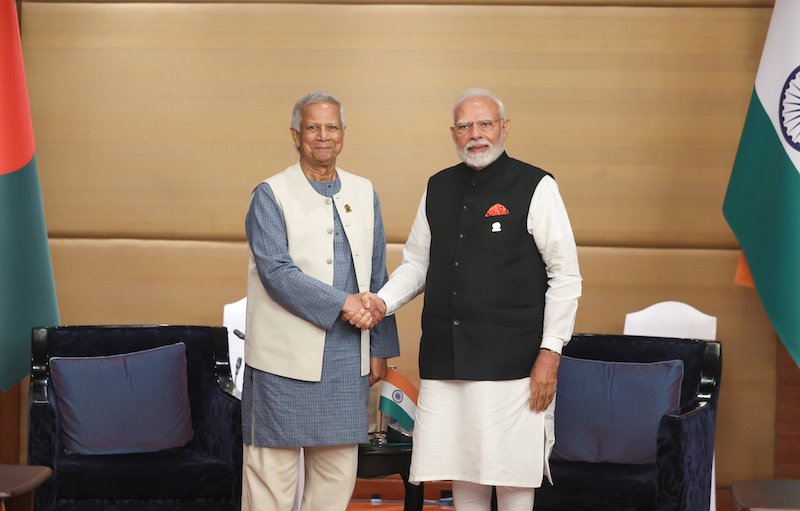 Senior IAS officer K Vasuki’s appointment by the Kerala government as the head of the state’s newly created “foreign cooperation” department created a controversy. (Photo: X/@CivilLearning1)
Senior IAS officer K Vasuki’s appointment by the Kerala government as the head of the state’s newly created “foreign cooperation” department created a controversy. (Photo: X/@CivilLearning1)
New Delhi: The Ministry of External Affairs (foreign ministry) has issued a stern warning to state governments against overstepping their boundaries in matters of foreign affairs and policy. The directive comes in the wake of recent instances where states have appeared to take independent initiatives in international affairs.
The foreign ministry clarified that foreign affairs fall squarely within the Union government’s purview, as specified in the Constitution of India under the 7th Schedule List 1 (Union List), Item Number 10. This list unequivocally designates foreign affairs, and all matters related to foreign countries as the sole prerogative of the Union government. While states play a crucial role in foreign and security affairs, ultimate foreign policy formulation occurs at the central level.
During a media briefing on Thursday, the foreign ministry’s spokesman, Randhir Jaiswal, said, “Let’s be very clear, the Constitution of India, under the Seventh Schedule, List-I, which is the Union List, Item Number 10, clearly specifies that foreign affairs and all matters which bring the Union into relation with any foreign country are the sole prerogative of the Union government.”
The ministry’s statement follows the appointment of a senior IAS officer, K Vasuki, by the Kerala government to head a new “external cooperation” department as “secretary in charge of matters concerning external cooperation”. Vasuki’s appointment had drawn criticism from the BJP in Kerala.
While the state government has clarified that the role is focused on development cooperation and not diplomatic relations, the foreign ministry has maintained a firm stance on the matter.
Similar concerns were raised earlier this year when the West Bengal government offered refuge to potential refugees from Bangladesh. The foreign ministry had categorically stated that such matters are handled at the central level.
Experts believe that the foreign ministry’s strong message is aimed at maintaining a unified foreign policy front and preventing any confusion or contradictions in India’s diplomatic engagements. The Centre is keen to emphasize that while states play a crucial role in India’s overall development, foreign policy is a domain that requires a coordinated national approach.
It remains to be seen how state governments will respond to the foreign ministry’s directive. It may be mentioned that while there is a general consensus on the need for a centralized foreign policy, the extent to which states, especially border states, like West Bengal, and states with significant number of residents working abroad, like Kerala, will be willing to relinquish any degree of autonomy in international affairs remains a point of contention.

